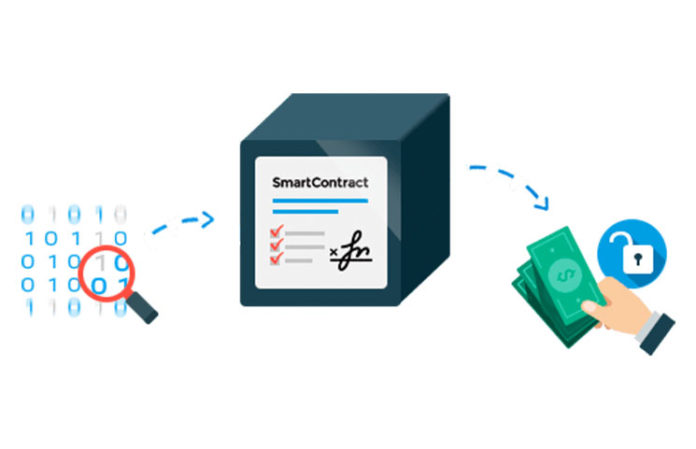
Smart contracts were first described by Nick Szabo, a computer scientist and cryptographer, in 1996. Over the course of several years, Szabo reworked the concept and released several publications, where he described the concept of establishing contract law related business practices through the design of electronic commerce protocols between strangers on the Internet.
However, the implementation of smart contracts did not happen until 2009, when the first cryptocurrency Bitcoin appeared along with its Blockchain, which finally provided a suitable environment for smart contracts. Interestingly enough, Nick Szabo designed a mechanism for a decentralized digital currency called Bit Gold in 1998. It was never implemented, but it already had many of the features that Bitcoin boasted about 10 years later.
These days, smart contracts are mainly associated with cryptocurrencies. Moreover, it is fair to say that one could not exist without the other, and vice versa, as decentralized cryptocurrency protocols are essentially smart contracts with decentralized security and encryption. They are widely used in most of the currently existing cryptocurrency networks and are the prominent and one of the most hyped features of Ethereum.
Reference:Cointelegraph. 2020. What Are Smart Contracts? Guide For Beginners. [online] Available at: <https://cointelegraph.com/ethereum-for-beginners/what-are-smart-contracts-guide-for-beginners> [Accessed 26 November 2020].



 To understand the concept of "what is a smart contract?" consider the purchase of a chocolate bar from a vending machine. The buyer deposits change then presses the button corresponding to the selection. That button, mapped against that particular slot, activates a lever in the machine to push out the candy. The transaction occurred without the need for a cashier or clerk. A smart contract is similar to a vending machine in that it eliminates the need for an intermediary. In this case, the vending machine is replacing a direct seller and allowing the consumer to make a purchase without a middleman.
To understand the concept of "what is a smart contract?" consider the purchase of a chocolate bar from a vending machine. The buyer deposits change then presses the button corresponding to the selection. That button, mapped against that particular slot, activates a lever in the machine to push out the candy. The transaction occurred without the need for a cashier or clerk. A smart contract is similar to a vending machine in that it eliminates the need for an intermediary. In this case, the vending machine is replacing a direct seller and allowing the consumer to make a purchase without a middleman.